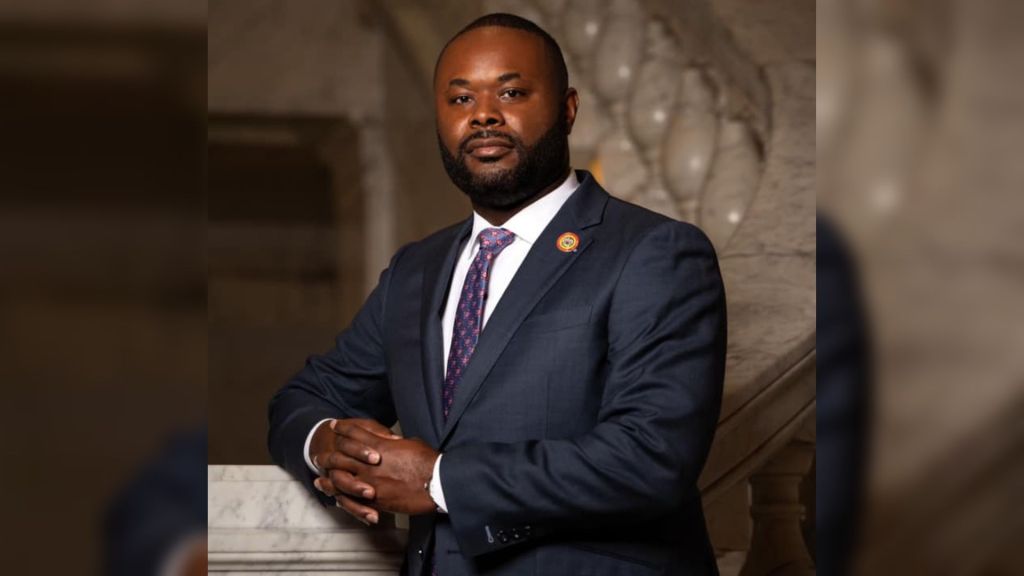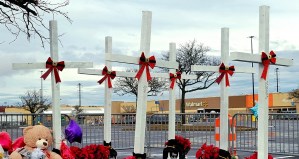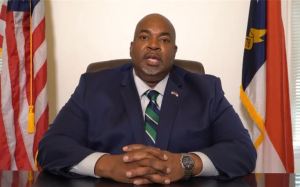By Sen. Cory McCray (D-Md.- District 45)
As a lifelong Baltimore resident and parent of four children, ages 8 to 17, the recent video released by the Baltimore Police Department showing a group of teenagers brutally attacking an individual in the Butchers Hill community on Sept. 26th deeply shook me.

Credit: Courtesy photo
My concern only deepened upon learning that one of the suspects arrested for the crime was 15 years old. Mayor Brandon Scott and Baltimore Police Commissioner Richard Worley have voiced frustrations over the system that allows repeat juvenile offenders to cycle in and out without meaningful intervention. Disturbingly, this 15-year-old, apprehended for his alleged involvement in this violent crime—where a handgun was reported—was no stranger to the Department of Juvenile Services (DJS).
The uptick in violent incidents involving young offenders is not just an isolated problem, but a broader public safety issue that demands immediate attention.
As a public servant, I’ve seen firsthand the impact this crisis has on our communities. The number of emails, phone calls and face-to-face interactions with constituents expressing their fears has skyrocketed. Residents, particularly the elderly and families with young children, feel vulnerable to becoming the next victims of youth violence. This latest incident validates their concerns—everyone deserves to feel safe in their homes and communities.
While addressing crime is critical, we must also focus on the systemic issues driving this violence. Zip codes with high poverty rates often correlate with high crime rates, which is why we must adopt a multi-faceted approach that includes both preventative measures and enforcement.
Legislative actions to increase accountability
To address this crisis and bring greater accountability, I sponsored Senate Bill 652, known as the Department of Juvenile Services Transparency Act of 2024.
Under this new law, DJS must document whether juveniles under their supervision were involved in fatal or non-fatal shootings, their age, and the jurisdiction where they reside.
Effective Oct. 1st, SB 652 mandates DJS to submit a detailed annual report outlining the steps taken in response to each juvenile incident, including timelines of actions. This enhanced transparency will allow us to understand the after-action programs in place, such as how quickly DJS makes contact with a shooter or victim under their supervision. By tracking these patterns and the system’s response, we can better identify areas that need improvement, restoring public trust.
Building on these efforts, I also sponsored Senate Bill 468, requiring private home detention monitoring agencies to operate under new guidelines when an individual violates pretrial conditions. These agencies must now notify the courts and law enforcement within an hour of a violation, ensuring prompt intervention. Previously, gaps in the notification process allowed individuals to violate their conditions without consequences. Companies that fail to comply will face penalties, reinforcing accountability.
These efforts are just two examples of the 18 bills my office successfully championed during the last legislative session. Each bill reflects a commitment to accountability and safety while keeping the well-being of Baltimore’s families and communities at the forefront.
Addressing root causes: A balanced approach
While these legislative tools help bolster public safety infrastructure, we must also address the root causes of crime. Poverty, food insecurity, and lack of recreational and educational opportunities play a significant role in shaping the lives of our youth. I’m working with Henson Development, Mayor Scott, and the Housing Authority of Baltimore to bring a grocery store to the Somerset footprint at the intersection of Central Avenue and Orleans Street, which would increase access to healthy food for families in need.
We’re also working to expand recreational opportunities like the 4M Swim Club on Walther Avenue and Northern Parkway, led by Mr. Thorpe. While Mr. Thorpe spearheads this effort, we’re helping in the process, recognizing how critical it is for our youth to have safe, engaging environments. In housing, we’re partnering with Northeast Housing Initiative in the 4×4 neighborhood and Rebuild Metro in the Johnston Square footprint to increase homeownership and address vacancies.
Education is another key component in the fight against crime. We’re building two new schools—Furley Elementary School and Northeast Middle School—to provide modern, safe learning environments for our children. These preventative measures are just as important as the enforcement strategies, and together, they form a holistic approach to building a safer Baltimore.
With the 18 bills my office helped pass during the last legislative session, it’s clear that we are committed to a balanced approach. Legislation like SB 652 and SB 468 strengthens accountability, while our efforts to address food security, recreation, housing, and education create the foundation for lasting change.
Conclusion
It would be a disservice to our community if we focused solely on penalties for crimes without addressing the underlying causes. While Senate Bills 652 and 468 are critical steps toward increasing transparency and accountability, we must also continue to fight for food security, recreational opportunities, homeownership, education, and public transportation. Only by addressing both the symptoms and the root causes of crime can we create a safer, more equitable Baltimore—one that I’ll be proud to leave to my children and grandchildren.
The post Strengthening Baltimore’s safety with legislative reform and community solutions appeared first on AFRO American Newspapers.











